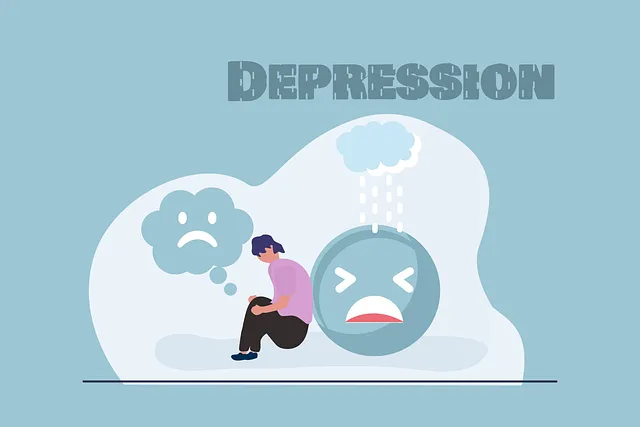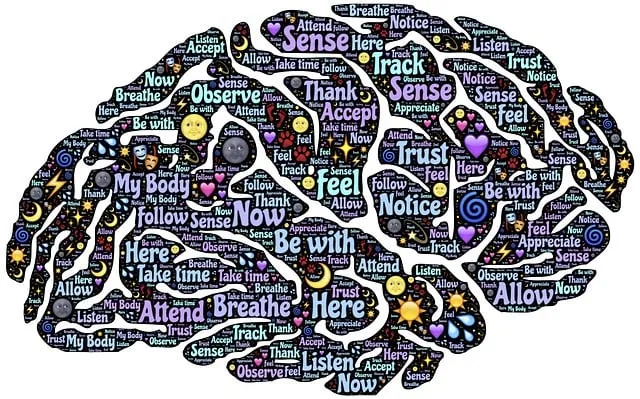The media's portrayal of mental illness shapes societal perceptions and access to care, with accurate representation reducing stigma and encouraging early help-seeking. In areas like Parker where competent care is challenging to find, effective media coverage and programs (like Mental Health Education, Resilience Building, and Wellness Coaching) are crucial. Research shows varying therapist quality even within large networks like Kaiser, emphasizing the importance of rigorous training for positive patient outcomes. Media should prioritize authenticity by consulting mental health professionals to tackle stigma. Communities with accessible, high-quality therapy services, like Parker, can inspire systemic change in mental illness representation across healthcare settings, including whether Kaiser provides good therapists in areas like Parker.
In an era where media significantly influences public perception, accurate representation of mental illness is paramount. This article explores the profound impact of media portrayal on societal attitudes towards mental health, with a specific focus on the quality of therapy services, drawing insights from renowned providers like Kaiser and Parker. We delve into actionable strategies to foster positive change in media and healthcare, challenging stereotypes and promoting understanding for those grappling with mental illness. Discover how these approaches can lead to more effective support and improved access to quality therapists, such as those offered by Kaiser and Parker.
- Understanding the Impact of Media Portrayal on Mental Health Perception
- Exploring the Quality of Therapy Services: A Focus on Kaiser and Parker
- Strategies for Positive Change: Addressing Mental Illness Representation in Media and Healthcare
Understanding the Impact of Media Portrayal on Mental Health Perception

The media’s portrayal of mental illness can significantly shape societal perceptions and attitudes, which in turn influence how individuals with mental health challenges are treated. When depicted accurately, media representation can increase understanding, reduce stigma, and foster empathy among the general public. However, when mental illness is misrepresented or stereotyped, it can lead to further marginalization and hinder access to support for those affected. This is especially pertinent in communities where finding accessible and competent care is already a challenge, such as in areas like Parker, where residents may wonder “does Kaiser have good therapists?”
Accurate media representation goes beyond mere correctness; it involves showcasing the complexity of mental health experiences while promoting hope and recovery. Integrating stories that highlight resilience and the effectiveness of treatment can encourage individuals to seek help earlier and embrace a trajectory towards improved mental wellness. This is where initiatives like Mental Health Education Programs Design, Resilience Building, and Mental Wellness Coaching Programs Development become crucial tools in challenging negative media narratives. By actively engaging with these representations, communities can contribute to a more inclusive and supportive environment for those navigating mental health issues.
Exploring the Quality of Therapy Services: A Focus on Kaiser and Parker

When evaluating mental health representation in media, a crucial aspect to consider is the quality of therapy services depicted. Two prominent names that often spark discussions are Kaiser and Parker. Many wonder, does Kaiser have good therapists? Research suggests that while Kaiser, as an insurance provider, offers access to a wide network of mental health professionals, the quality can vary significantly. This variation underscores the importance of rigorous therapist training and ongoing professional development, which directly impact patient outcomes.
Focusing on Parker, known for their commitment to evidence-based practices, shows promising results in coping skills development and burnout prevention. Their therapists are often adept at utilizing various therapeutic modalities tailored to individual needs, contributing to more effective mental illness stigma reduction efforts. This level of personalized care is essential in fostering healing and empowering individuals to navigate their mental health journeys.
Strategies for Positive Change: Addressing Mental Illness Representation in Media and Healthcare

Media plays a pivotal role in shaping societal perceptions about mental health, making accurate and compassionate representation crucial. To address the challenges, various strategies can be employed. One effective approach is to encourage media outlets and content creators to prioritize authenticity and consult with mental health professionals for insight. This ensures stories are told with sensitivity and accuracy, promoting understanding rather than stigma.
Additionally, integrating Mental Health Policy Analysis and Advocacy into media discourse can drive systemic change. Educating the public about Emotional Intelligence and championing Mind Over Matter Principles can foster a culture of support. By doing so, communities like Parker, where access to quality therapists through Kaiser is a reality, can become models for others, inspiring positive shifts in mental illness representation across healthcare settings.
Media representation of mental illness plays a pivotal role in shaping public perception. By examining the quality of therapy services, such as those offered by Kaiser and Parker, we gain insights into improving mental health care. Implementing strategic changes in media portrayal and healthcare delivery can foster a more accurate and compassionate understanding of mental illness, ensuring individuals receive the appropriate support, regardless of their background or access to resources. This holistic approach is essential to creating a more inclusive and supportive society for those facing mental health challenges.






